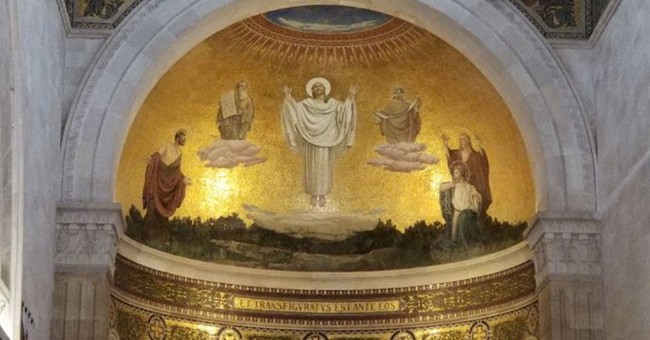
Source: Courtesy of Myra Adams
Posted on 06/23/2021 4:16:52 AM PDT by Kaslin

Source: Courtesy of Myra Adams
"This decision might as well be written on the dissolving paper sold in magic shops."
So wrote Justice Samuel Alito in the concurring opinion he filed last week in a case that pitted the City of Philadelphia against Catholic Social Services (CSS).
The court voted 9-0 in favor of CSS. But the arguments presented were far from unanimous.
Chief Justice John Roberts wrote a weak opinion based on a technicality -- and was joined by Justices Stephen Breyer, Sonia Sotomayor, Elena Kagan, Brett Kavanaugh and Amy Coney Barrett. Justice Alito wrote a forceful counterargument based on the Constitution itself -- and was joined by Justices Clarence Thomas and Neil Gorsuch. (Barrett, joined by Kavanaugh and partly by Breyer, and Gorsuch, joined by Thomas and Alito, also filed concurring opinions.)
The question was: Can Philadelphia force CSS to either hand over foster children to same-sex couples or give up placing foster children altogether?
Notably, as Alito observed, Catholic institutions started taking care of orphans in Philadelphia more than 200 years ago -- long before the local government got involved.
"One of the first orphanages in Philadelphia was founded by a Catholic priest in 1798," Alito wrote.
St. Elizabeth Ann Seton and the sisters who joined her religious order, the U.S. Conference of Catholic Bishops noted in their own brief to the court, began taking care of orphans in Philadelphia 16 years after that.
"This decision might as well be written on the dissolving paper sold in magic shops."
So wrote Justice Samuel Alito in the concurring opinion he filed last week in a case that pitted the City of Philadelphia against Catholic Social Services (CSS).
The court voted 9-0 in favor of CSS. But the arguments presented were far from unanimous.
Chief Justice John Roberts wrote a weak opinion based on a technicality -- and was joined by Justices Stephen Breyer, Sonia Sotomayor, Elena Kagan, Brett Kavanaugh and Amy Coney Barrett. Justice Alito wrote a forceful counterargument based on the Constitution itself -- and was joined by Justices Clarence Thomas and Neil Gorsuch. (Barrett, joined by Kavanaugh and partly by Breyer, and Gorsuch, joined by Thomas and Alito, also filed concurring opinions.)
The question was: Can Philadelphia force CSS to either hand over foster children to same-sex couples or give up placing foster children altogether?
Notably, as Alito observed, Catholic institutions started taking care of orphans in Philadelphia more than 200 years ago -- long before the local government got involved.
"One of the first orphanages in Philadelphia was founded by a Catholic priest in 1798," Alito wrote.
St. Elizabeth Ann Seton and the sisters who joined her religious order, the U.S. Conference of Catholic Bishops noted in their own brief to the court, began taking care of orphans in Philadelphia 16 years after that.
"Provider shall not reject a child or family including, but not limited to ... prospective foster or adoptive parents, for Services based upon ... their ... sexual orientation ... unless an exception is granted by the Commissioner or the Commissioner's designee, in his/her sole discretion," says this provision.
This power to make exceptions, Roberts decided, was what thwarted Philadelphia's case: It was inconsistent with the language of Employment Division vs. Smith, not the language of the First Amendment.
"The City initially argued that CSS's practice violated section 3.21 of its standard foster care contract," he wrote. "We conclude, however, that this provision is not generally applicable as required by Smith."
Alito argued instead that Smith should be overturned and the First Amendment fully restored -- otherwise all Philadelphia needed to do to reverse the court's decision was to remove the exceptions clause from its contracts.
"One of the questions that we accepted for review is 'whether Employment Division v. Smith should be revisited,'" wrote Alito. "We should confront that question."
"The City has been adamant about pressuring CSS to give in, and if the City wants to get around today's decision it can simply eliminate the never-used exemption power," Alito concluded. "If it does that, then, voila, today's decision will vanish -- and the parties will be back where they started."
Philadelphia, in other words, may once again infringe on the free exercise of religion.
Disclaimer: Opinions posted on Free Republic are those of the individual posters and do not necessarily represent the opinion of Free Republic or its management. All materials posted herein are protected by copyright law and the exemption for fair use of copyrighted works.